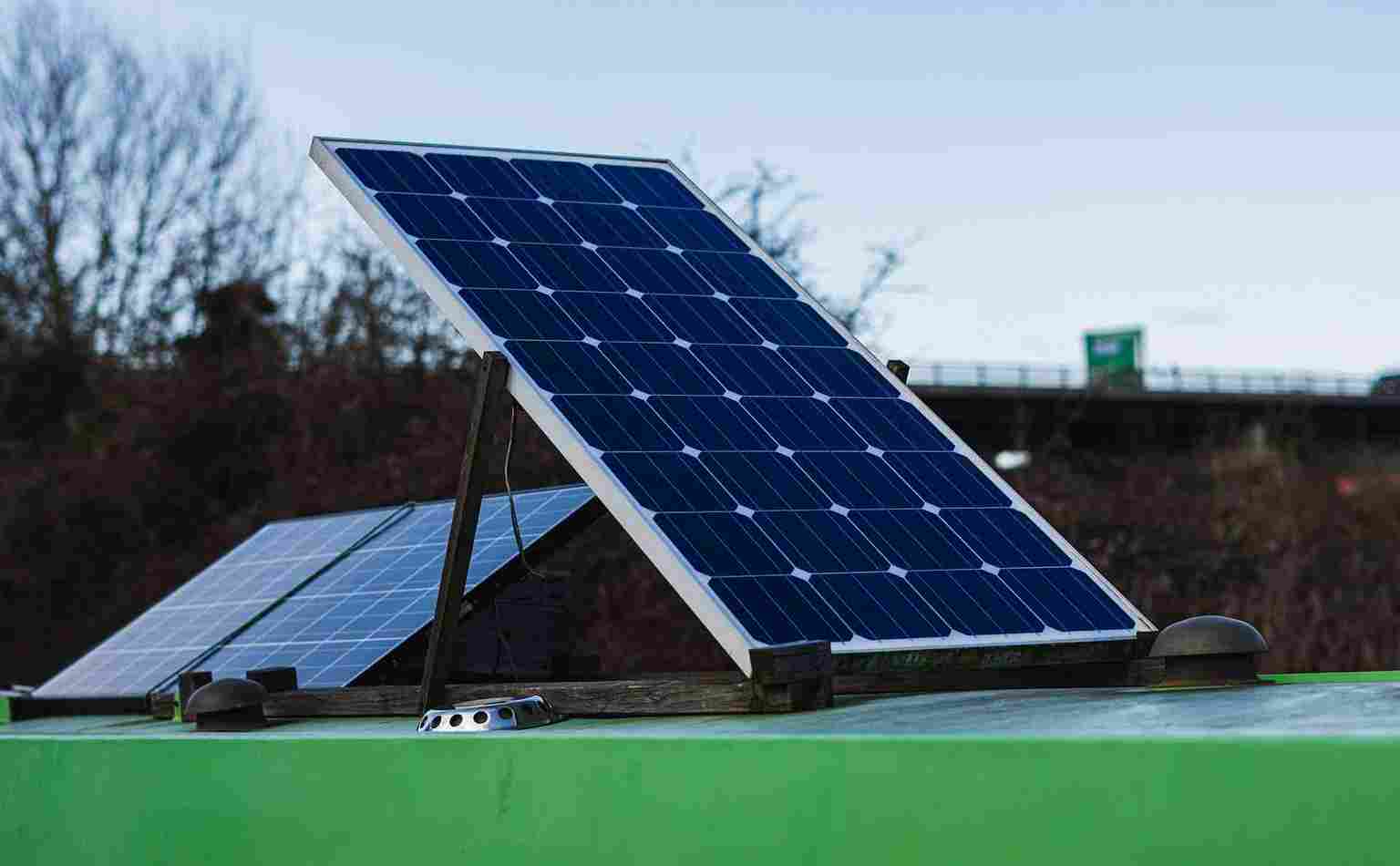Solar panels, which convert sunlight into electricity, offer an environmentally friendly and cost-effective solution for both residential and commercial energy needs. When considering solar energy solutions, it’s essential to understand the differences between on-grid, off-grid, and hybrid solar systems. Each approach has its unique advantages and considerations.
1. On-Grid Solar Systems
Connection to the Grid:
- On-grid, or grid-tied, solar systems are connected to the local electrical grid.
- Excess energy generated during the day can be fed back into the grid, often through a process called net metering.
- These systems rely on the grid for backup power when solar production is insufficient, such as at night or during cloudy days.
Advantages:
- Lower upfront costs compared to off-grid systems, as they don’t require batteries.
- Potential for financial incentives like tax credits and rebates.
- Easy access to electricity during grid outages, thanks to grid connectivity.
Considerations:
- Lack of energy independence; reliance on the grid.
- Limited power generation during grid outages due to safety measures.
2. Off-Grid Solar Systems
Independence from the Grid:
- Off-grid solar systems operate independently and are not connected to the utility grid.
- They require energy storage in the form of batteries to store surplus energy for use at night or on cloudy days.
- Off-grid systems are designed to provide continuous power, even in areas with no grid access.
Advantages:
- Complete energy independence and autonomy.
- Ideal for remote areas where grid access is unavailable or unreliable.
- Reduced reliance on fossil fuels and generators in off-grid locations.
Considerations:
- Higher upfront costs due to the need for batteries.
- Requires careful energy management to ensure continuous power.
3. Hybrid Solar Systems
Best of Both Worlds:
- Hybrid solar systems combine elements of both on-grid and off-grid systems.
- They are connected to the grid but also incorporate battery storage.
- Hybrid systems offer the flexibility to store excess energy for use during grid outages or at night while still benefiting from grid connectivity.
Advantages:
- Energy independence and resilience during grid outages.
- Potential for reducing electricity bills by utilizing stored energy during peak hours.
- Battery storage for excess energy generation, reducing reliance on the grid.
Considerations:
- Higher initial costs compared to basic on-grid systems.
- Requires monitoring and maintenance of both solar panels and batteries.
The choice between on-grid, off-grid, or hybrid solar systems depends on various factors, including your location, energy needs, budget, and desire for independence. On-grid systems are suitable for urban areas with reliable grid access, offering cost-effective solutions. Off-grid systems provide complete energy autonomy and are ideal for remote locations. Hybrid systems, on the other hand, offer a balanced approach, combining the reliability of the grid with the independence of battery storage.
Regardless of the system you choose, solar power contributes to a more sustainable and environmentally friendly energy future. Solar panels harness the sun’s energy, reduce carbon emissions, and help create a cleaner and greener world for generations to come.





